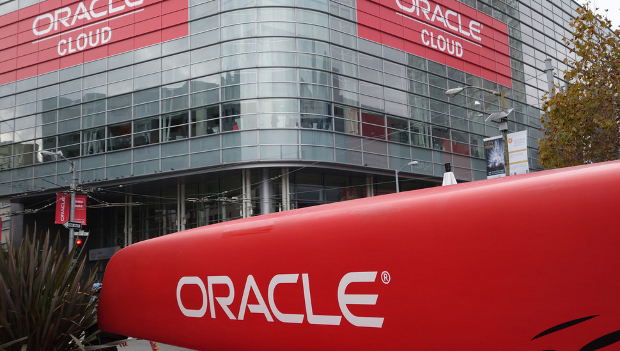A federal court in California has denied Oracle another trial in its long-standing copyright infringement dispute with Google over the use of Java code in the Android operating system.
A jury had cleared Google of copyright infringement in May this year, upholding the company’s stand that its use of 37 Java APIs (application programming interfaces) in its Android mobile operating system was fair use, thus denying Oracle up to $9 billion in damages that it was seeking.
A number of developers and scientists backed Google saying that APIs, which are the specifications that let programs communicate with each other, were not copyrightable and any bid to change that would stifle innovation. The administration of President Barack Obama had in its opinion sided with Oracle and said that the APIs are copyrightable like other computer code.
Oracle asked the court for a new trial on, among other grounds, the claim that Google concealed information during discovery on its plans to integrate Android apps with the Chrome OS running on desktops and laptops, thus extending the scope of the infringement beyond smartphones and tablets.
District Judge William Alsup of the US District Court for the Northern District of California in an order on Tuesday denied Oracle’s request for a new trial, which would have been the third in the dispute.
In 2015, Google began a new project, which it called internally as ARC++. Its aim, according to court records was to “[p]rovide Chrome OS users with Play Android apps on Chrome OS without developer action.”
“ARC++ would run an isolated instance of Android (with all of Android’s public APIs, including those reimplemented from Java) in order to allow users to run all Android apps on Chrome OS devices. Google planned to include the Play Store – Google’s app wherein users could purchase and download other Android apps – as part of ARC++ to facilitate access to those apps,” wrote Judge Alsup in his order.
No stonewalling
The Judge did not go along with Oracle’s claim that Google had “stonewalled and had completely concealed the ARC++ project”. Google had produced at least nine documents discussing the goals and technical details of ARC++ in 2015, at least five months before trial, wrote the judge, who added that “Oracle’s failure to review the ARC++ documents is its own fault”.
Judge Alsup pointed out that the evidence on ARC++ would not have impacted the trial in May because any evidence relating to implementations of Android on devices other than smartphones and tablets fell outside its scope.
“It may well be true that the use of the copyrighted APIs in ARC++ (or any other later use) will not qualify as a fair use, but that will not and does not mean that Google’s argument on transformative use as to the original uses on trial (smartphones and tablets) was improper. That Oracle failed to detect the ARC++ documents in its possession had no consequence within the defined scope of our trial,” Judge Alsup wrote.
Oracle had argued in its motion for a new trial that it was a mistake to limit the devices to smartphones and tablets.
Google’s launch of the full Android system on the Chrome OS is even now in its preliminary stages and available only to developers and on a limited set of devices, the Judge observed.
The Judge’s order also dismissed Oracle’s demand for a new trial because of the exclusion of what the judge described as “minor evidence and testimony” from Stefano Mazzocchi, a member of the board of directors of the Apache Software Foundation in 2008. It also rejected Oracle’s contention that the court had improperly excluded its document containing replies to the European Commission, which had asked for an explanation of the dispute between Google and Sun Microsystems, the company that developed Java and was later acquired by Oracle.
Google and Oracle could not be immediately reached for comment on the order.
IDG News Service








Subscribers 0
Fans 0
Followers 0
Followers